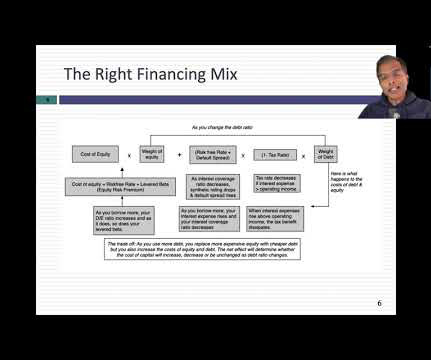M&A Terms Every Business Owner Should Know
Class VI Partner
JULY 28, 2021
Adjusted Net Book Value Adjusted Net Book Value is the Book Value of a business that has been adjusted to reflect the current market value of the assets and liabilities of a company. In this case, an adjustment to the value of these assets is required to determine Adjusted Net Book Value.












Let's personalize your content